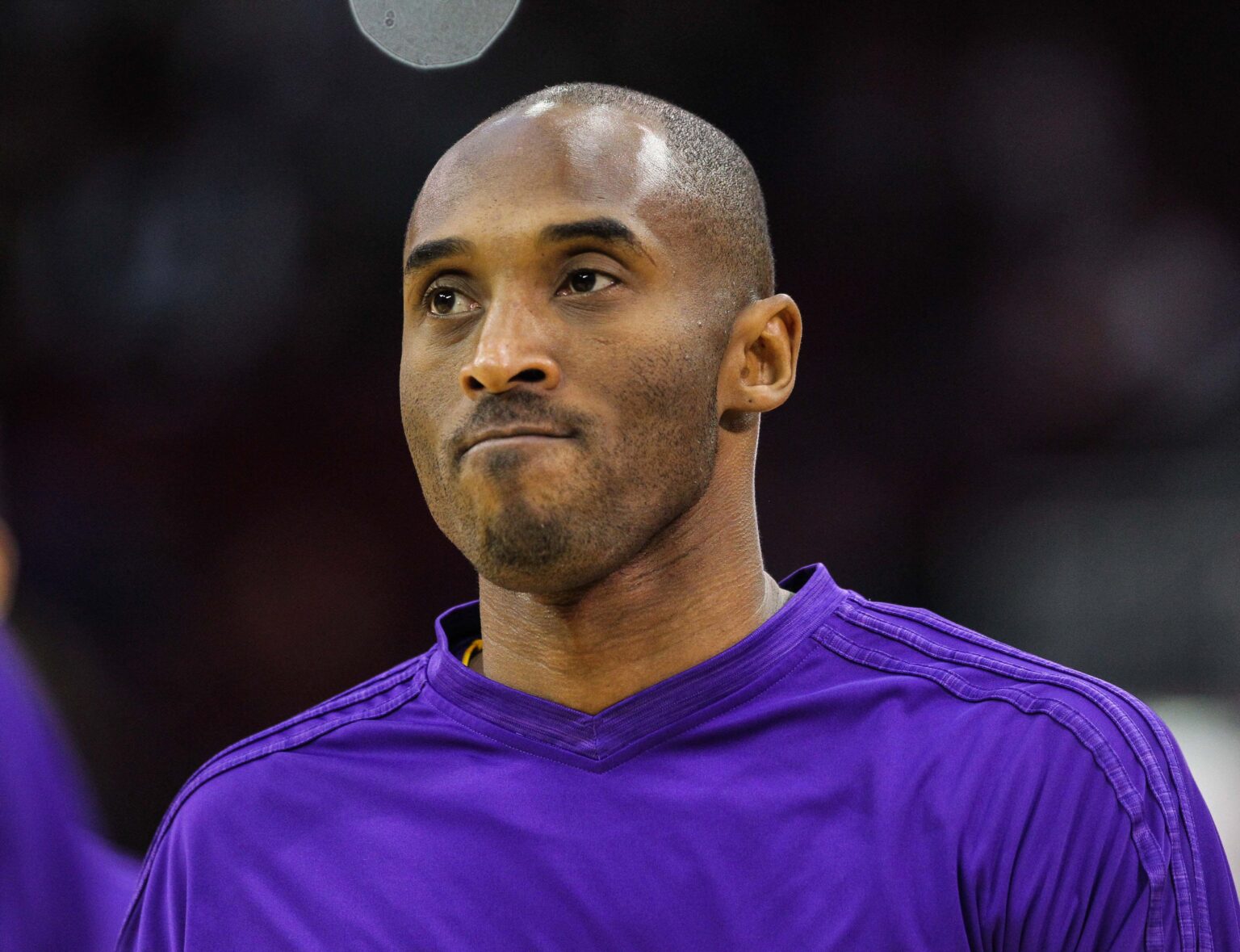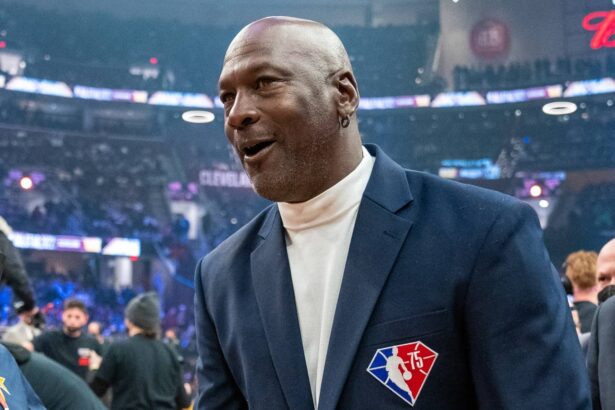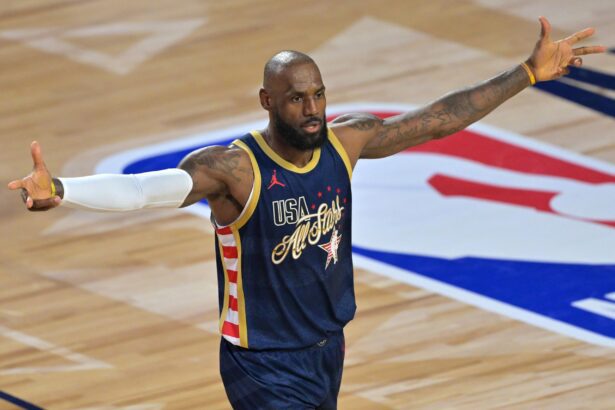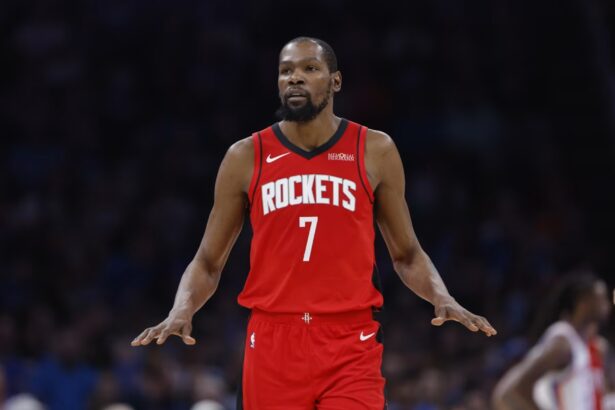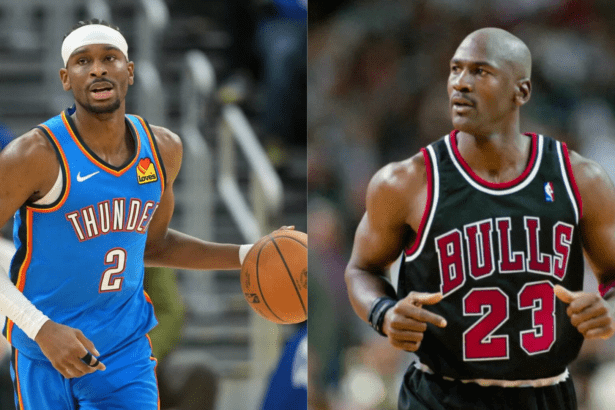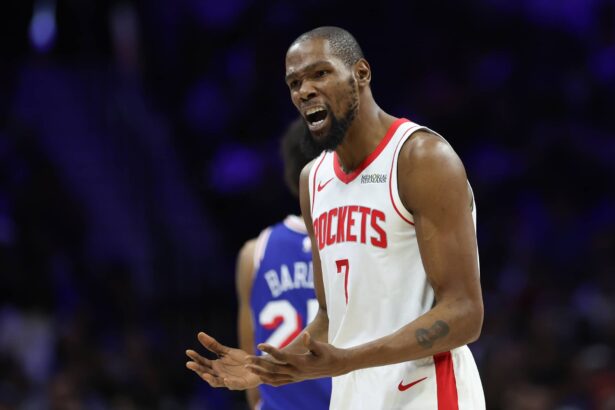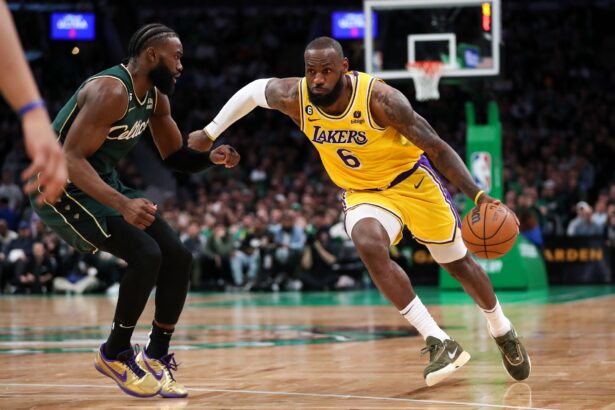- Andrew Bynum’s injury tested his mettle during the Lakers’ 2010 championship run
- Kobe showed no sympathy towards Bynum
- Kobe’s “Welcome to the Club” response epitomized pain and sacrifice for greatness
In the midst of the Kobe Bryant and Los Angeles Lakers’ 2010 title pursuit, young center Andrew Bynum faced injury adversity that threatened to derail their hopes. However, the Black Mamba’s unsparing mentality left no room for sympathy as he expected Bynum to embrace the pain and fight through it.
During the 2009-10 season, Bryant battled with an avulsion fracture in his right index finger. Despite the pain, he chose not to undergo surgery, illustrating his prioritization of his team’s goals over personal comfort. This decision led him to play through the pain, a testament to his championship mindset.
When news of Andrew Bynum’s torn meniscus arose in May 2010, Bryant’s response was a sharp reflection of his mentality: “Welcome to the club.”
This club represented a brotherhood of players who understood that pain and sacrifice were integral parts of a championship journey. Bynum’s injury, though significant, was merely another challenge to overcome in the pursuit of greatness.
Bynum’s choice to delay surgery until after the season epitomized the team-first ethos fostered by Bryant. Despite his own discomfort, Bynum recognized the importance of his presence on the court to the Lakers’ title aspirations.
He played a pivotal role alongside Bryant, providing interior defense and valuable rebounds as the Lakers navigated through the playoffs.
In retrospect, Bynum’s decision to play through injury mirrored Bryant’s mentality and helped secure the Lakers’ back-to-back titles. Kobe’s tough-love approach to adversity, coupled with Bynum’s resilience, showcased the unwavering dedication required for championship success.
How Kobe Bryant Became The Black Mamba
Kobe Bryant’s journey from a talented rookie to a basketball icon is a tale woven with passion, determination, and a transformative alter ego known as “The Black Mamba.” This moniker not only encapsulates Bryant’s on-court prowess but also signifies his mindset, work ethic, and relentless pursuit of greatness.
The Black Mamba wasn’t just a nickname; it was a mindset. Bryant drew inspiration from the agility, speed, and fearlessness of the deadly snake. He sought to embody these traits on the basketball court. Just as a mamba strikes with precision, Bryant aims to execute every move with unparalleled accuracy.
His transformation wasn’t solely about creating a flashy persona; it was about embodying the dedication required to succeed. Bryant’s practice sessions were notorious for their intensity and length.
One of the defining qualities of The Black Mamba was Bryant’s clutch performances. When the game was on the line, he thrived in pressure situations. This fearlessness in the face of adversity became a hallmark of his career.
He embraced the toughest challenges, just as a mamba confronts danger head-on. The Black Mamba’s ability to strike in critical moments solidified Bryant’s legacy as one of the game’s greatest competitors.
As Kobe Bryant’s career progressed, so did The Black Mamba’s legacy. He began using the nickname more openly, even designing a logo that encapsulated his alter ego’s essence.
Off the court, Bryant’s Mamba Mentality became a philosophy that extended beyond basketball. It represented a way of life that emphasized resilience, dedication, and continuous improvement.
Kobe Bryant’s transformation into The Black Mamba wasn’t just about adopting a nickname; it was a metamorphosis that symbolized his dedication, work ethic, and indomitable spirit.
The Black Mamba became an extension of Bryant’s identity, propelling him to legendary heights. The story of how Kobe Bryant became The Black Mamba is a testament to his relentless pursuit of greatness and the lasting impact he left on the world of sports and beyond.
We sincerely appreciate and respect you as a reader of our site. It would help us a lot if you follow us on Google News because of the latest update.
Thanks for following us. We really appreciate your support.

